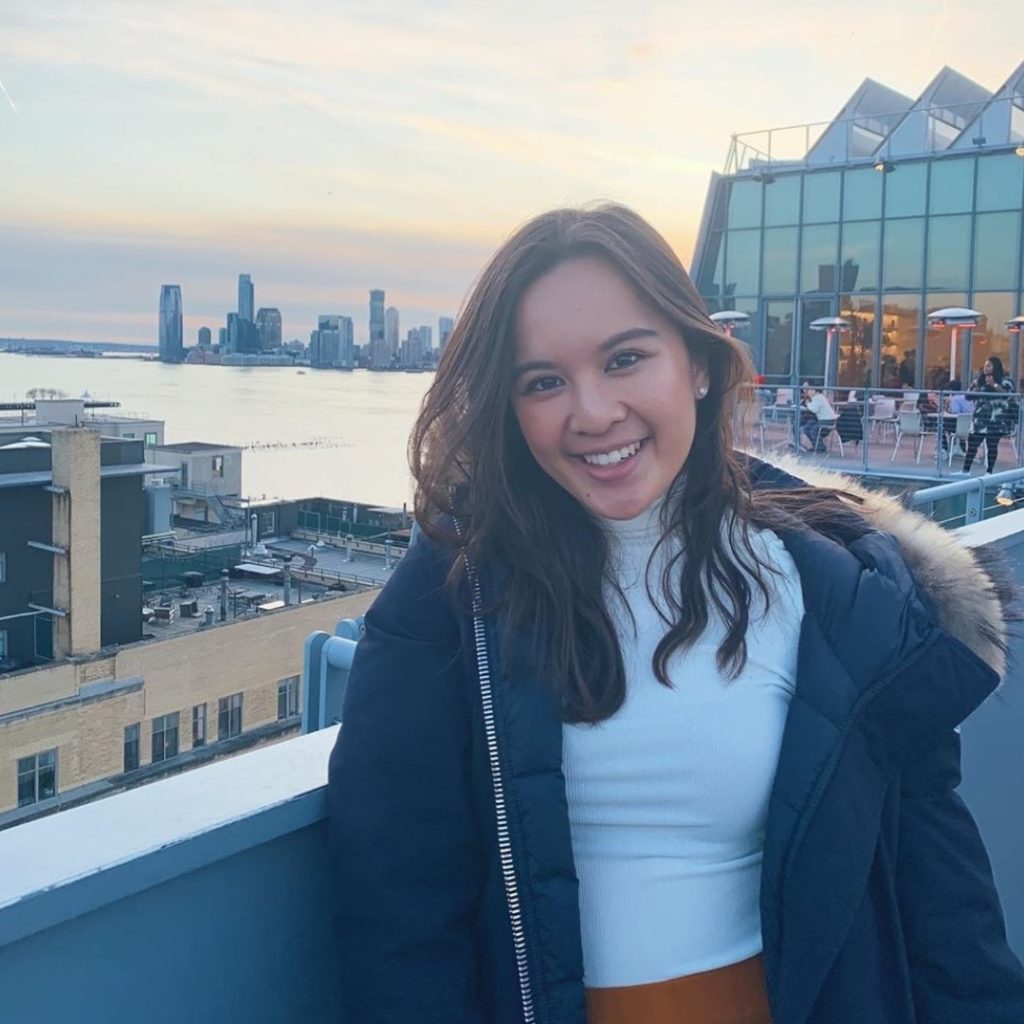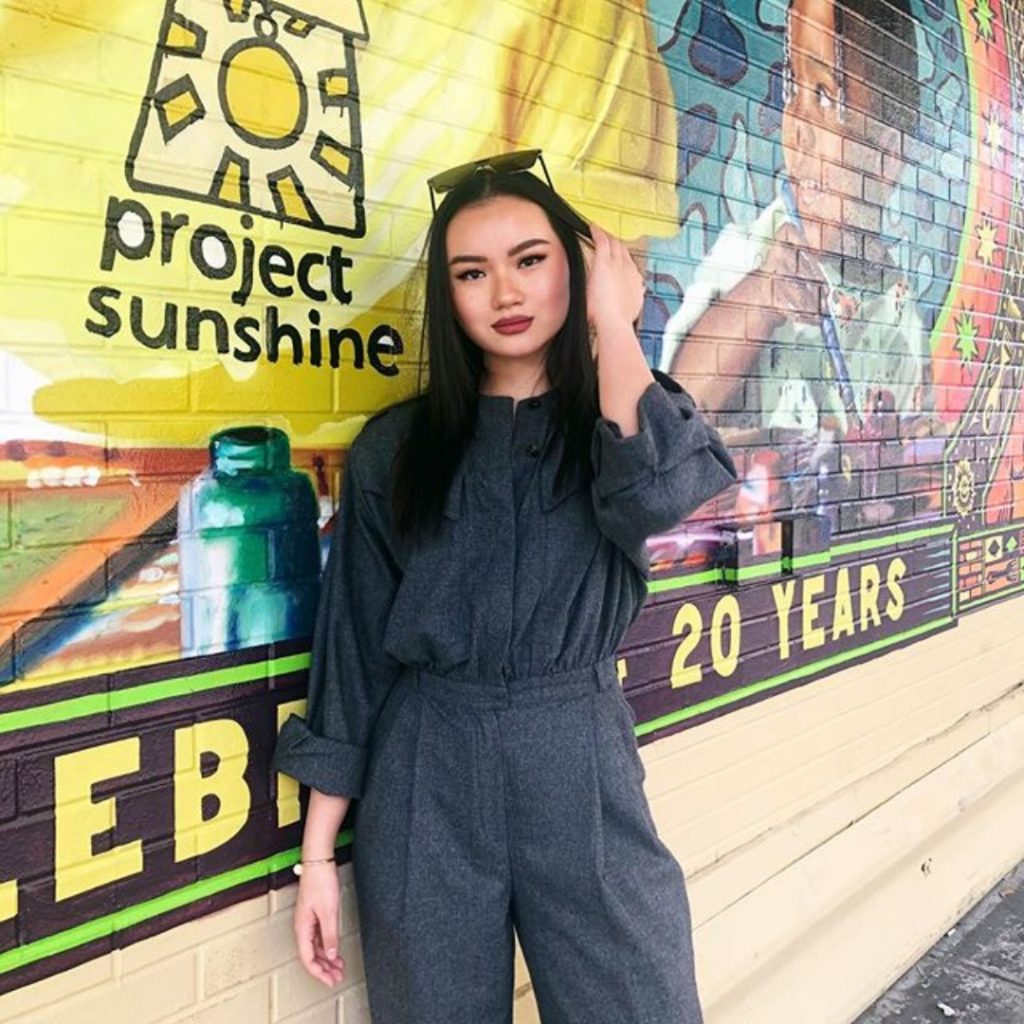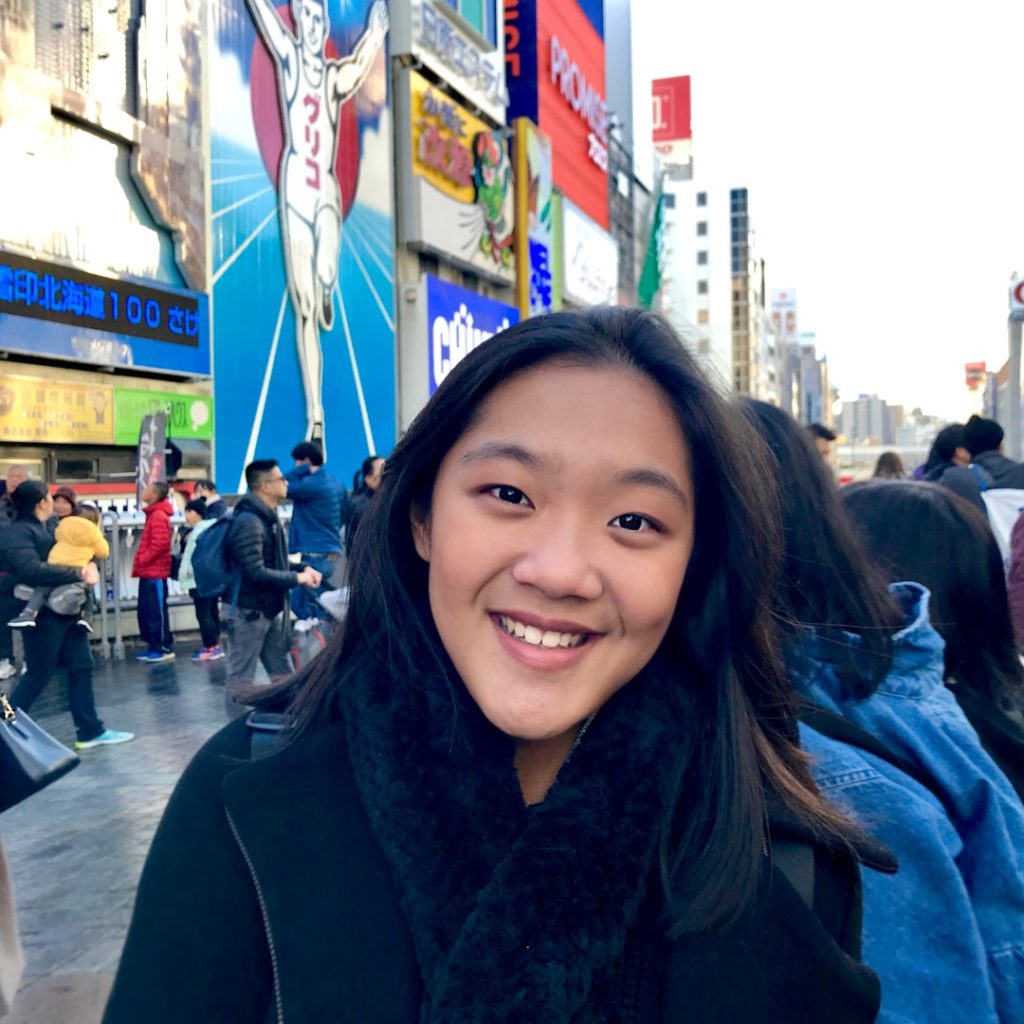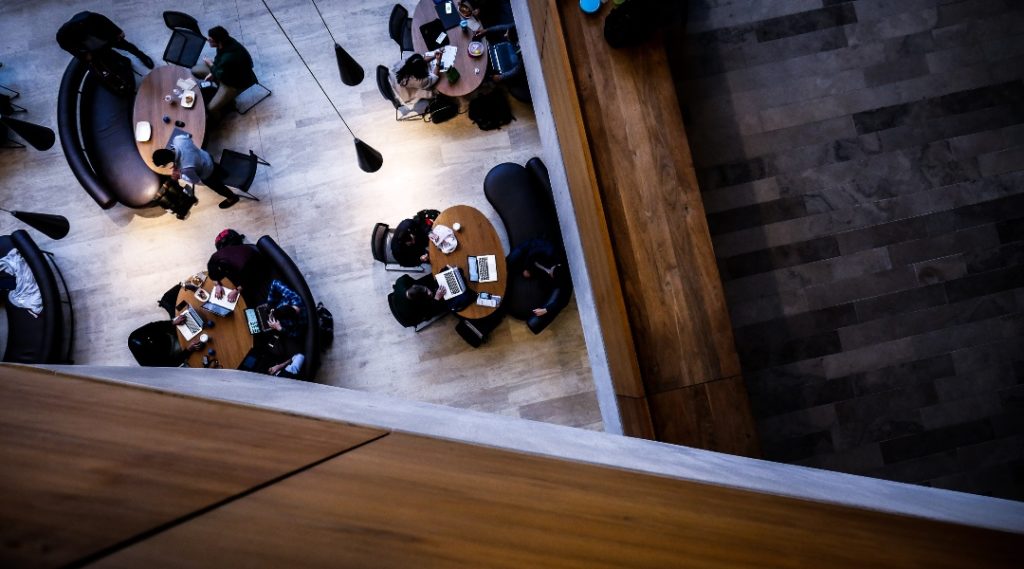Get to know the stories of these students, and how gap years and virtual classes amid the pandemic can change the future of college education.
Flying across the globe, fulfilling dream adventures, and pursuing hobbies and creative interests, taking a gap year before college is all about these holistic, out-of-the-classroom experiences. Many students choose this path to enrich their knowledge about the world and gain wisdom and connections—all to prepare themselves before diving into university life. However, the pandemic dismantled the plans of incoming and current college students. With travel bans and an almost never-ending quarantine, students had to consider other options. We talk to Nikki Huang, Dani Antonio, and Anya Lagman to share the status of their education and their insights on taking a gap year.
RELATED READS: Return To School: How Parents Are Helping Reshape Education In The Pandemic

Shift in plans
Taking up Sociology and International Relations at Boston University, Nikki Huang only returns to Manila for special occasions. However, to secure her safety amid the pandemic, she decided to stay in the country. Thankfully, her university opened the option of remote learning. “I have elected to stay home for the fall semester and attend class online,” Nikki says. Likewise, USC Thornton School of Music, where Anya Lagman studies, shifted to a “[fully] online semester due to the rising number of [COVID-19] cases in Los Angeles.” The school took off the break period from the academic calendar when they open campus soon. This tighter semester will help them end classes hopefully by Thanksgiving this year.
Similar to the two, Dani Antonio planned to study abroad. “I was accepted to the University of California—Davis as a B.S. Psychology major with a Biology emphasis,” Dani says. She was supposed to move to the U.S. in August this year to prepare for her first semester. However, as with many students, she completely changed her plans due to the pandemic. With limited options around, it was tough to make a decision. Yet ultimately, she chose to “[defer] my enrollment to UC Davis for a semester…I would start in the Spring Quarter, which is in March of 2021.” In the meantime, she continues her vocal training with a Philippines-based coach and Broadway performers abroad. “I plan to continue this until I am able to begin my freshman year,” she says.
RELATED READS: Shared Isolation: Lessons From Quarantine Culture

Taking time off
For some, taking a gap year may appear as a waste of time, a lost opportunity in graduating and working soon. However, Dani thinks otherwise, “This decision will help people discover what they are truly passionate about, and what they can pursue in the near future.” Nikki took a break before university and shares, “It was hands down the best experience of my life… I had the absolute privilege of realizing some of my biggest dreams, letting go of ones that weren’t coming true, and finding new ones that I never would’ve had in the first place.” She adds, “Taking a gap year is one of the best things anyone can do for themselves, provided they commit to a year of activity, growth, and planned exploration.”
With the pandemic a factor in decision-making about education, it created a definite contention between opting for a gap year or virtual classes. “As an Arts major,” Anya begins, “the quality of education from online classes suffers compared to in-person classes, which are more engaging and fulfilling.” Dani echoes a similar concern to consider in online learning. “Imagine having to learn from home where there is a lack of resources and, for most, the absence of a conducive learning environment,” she says. Nevertheless, for Anya, virtual classes are manageable as long as [students] are well-equipped and have the discipline for it.”
Beyond these factors, Dani supports those who prefer a break instead. “The time off could be used progressively for others to learn more about themselves and the world around them.” With more time spent on social media, the youth are able to grasp the extent of the crisis, and “learn from reality rather than from just a book,” she says. Nikki resonates with this thought, “If there’s a single most important takeaway from [taking a gap year] that I’d like to share, it’s this: The world is as large as it is small, people are powerful, disastrous wonders, life is as tragic as it is terrific, and the only constant is constant change.”
RELATED READS: What Will Consumption Culture Look Like In A Post-Pandemic Future?

Choosing pursuits
During the quarantine period, many have taken the time to rest and pursue their interests. Dani was one of them, honing her skills in singing through masterclasses. “These opportunities have been such humbling, inspiring, and eye-opening experiences because it’s made me realize how much more there is to learn about things I thought I already knew so much about.” She extends this opportunity to others through her organization, Landas, that is for “students in marginalized sectors [who] adapt to online or blended learning.” Similarly, Anya used this time to explore and self-learn Logic Pro X, a music software. “It was like I had my own laboratory where I conducted experiments making different types of music, ranging from remixes to electronic music and much more!” she shares with enthusiasm.
Nikki chose to spend her time differently—her plate remains full of her studies. She enrolled for Boston University’s summer semesters and shares how the online learning journey can be tumultuous. Yet she keeps herself motivated and, of course, never forgets the importance of rest. She is still adjusting to her new sleep schedule, however, after years of residing on the western side of the globe.

No matter where these young women are in their path as a student, their priority now is safety and fostering stronger relationships with their loved ones amid these tough times. As Dani expressed, “We need to act as support systems for one another, no matter the distance.”





